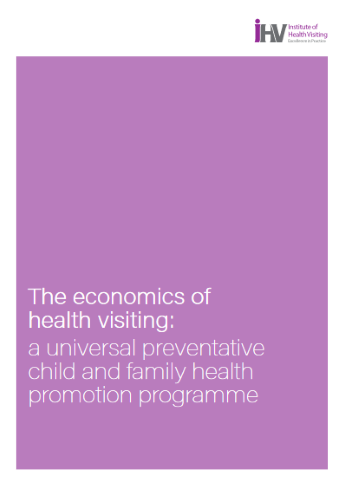Two new reports from Public Health England (PHE), launched today, once again flag up the importance of social inequity to driving health inequalities – the Health profile for England report and the Public Health Outcomes: health equity report.
Dr Cheryll Adams CBE, executive director iHV, says
“It is very helpful to again see this focus on the wider determinants of health. There are lots of messages here for health visitors to consider and discuss with their colleagues, employers and local authority commissioners with respect to the communities where they work.”
The “Health Profile for England” report summarises the current picture of and trends in health outcomes in England with a focus on mortality, morbidity, risk factors and the social determinants of health. It brings together key PHE data and knowledge on the health of the population and fills gaps in existing outputs. It also looks at how England compares with other European countries and describes inequalities in outcomes within England. It summarises inequalities in outcomes and the impact of the social determinants of health.
The “Public Health Outcomes Framework: Health Equity Report” examines inequalities in outcomes and the social determinants of health between different population groups and has a special focus on ethnicity. It will increase understanding of inequalities in health outcomes between different populations and address some gaps in existing data and analysis.
Watch PHE launch of reports:









